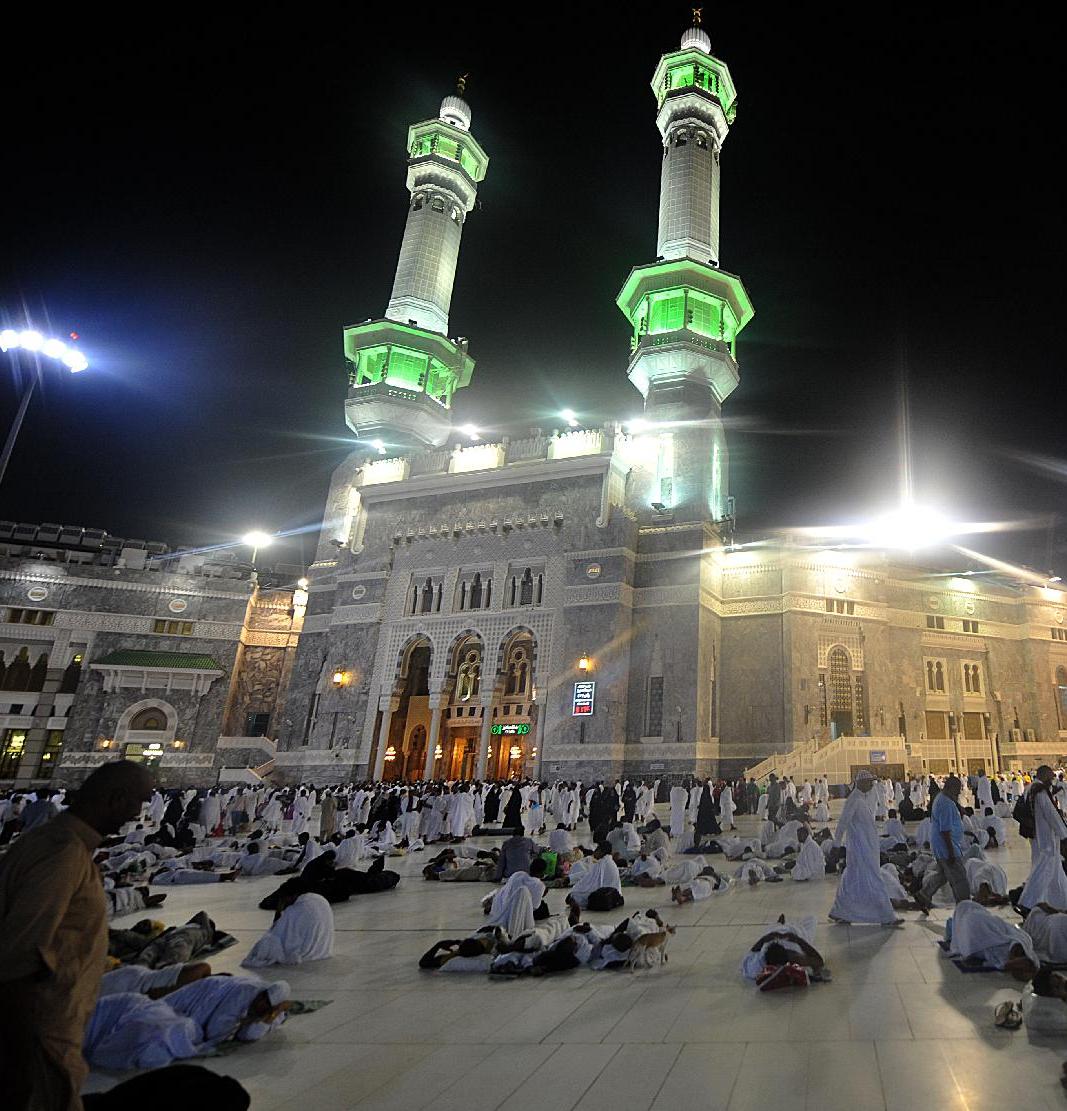Muslim pilgrims in mass movement as hajj begins in Mecca
Muslim pilgrims from around the world are arriving at Mount Arafat in western Saudi Arabia for the annual hajj pilgrimage, the spiritual peak of their lives. A pillar of the Islamic faith, hajj this year comes against the backdrop of widespread revulsion among Muslims towards Islamic State group jihadists. Saudi Arabia and four other Arab nations have joined Washington in air strikes in Syria against the militants, who have declared a “caliphate” straddling that country and Iraq where they have committed a spate of atrocities. Saudi authorities say close to 1.4 million believers have come from 163 nations for hajj, the world’s biggest Muslim gathering. They are following the 1,400-year-old tradition of Prophet Mohammed, alongside pilgrims from Saudi Arabia.
I thank God for this indescribable feeling. I will pray to God for victory and for Syria to return better than before.
Iman Izzidine, 42, a pilgrim who has fled Syria’s civil war
The movement of pilgrims to Mina on Thursday marked the official start of hajj on the eighth day of the Muslim calendar month of Dhul Hijja. Security has not noticeably increased around the holy sites, but an AFP reporter observed three checkpoints between Jeddah and Mecca, where security officers verify that visitors hold hajj permits. Officials say they have intensified efforts to stop people attending hajj without authorisation, as part of safety measures for such a large gathering with massive logistical challenges. Eighteen aircraft and Black Hawk helicopters will patrol and be on standby for emergencies including “terrorist attacks”, Arab News reported. Supplementing the 85,000 security and civil defence officers who are reportedly deployed for hajj are thousands of health workers. The medical staff are striving to protect pilgrims from two deadly viruses, Ebola and the MERS coronavirus. No Ebola cases have yet been found in the desert kingdom.

Middle East hajj